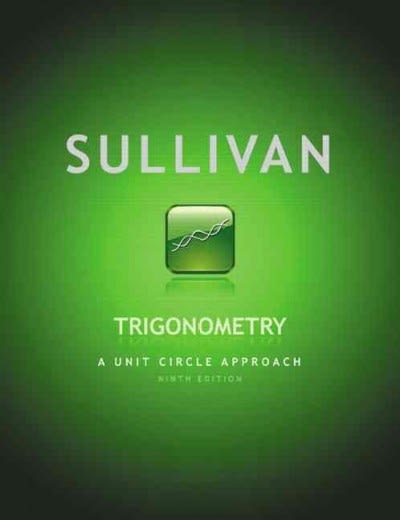Answered step by step
Verified Expert Solution
Question
1 Approved Answer
What is the relationship between the amount of time statistics students study per week and their final exam scores? The results of the survey are
What is the relationship between the amount of time statistics students study per week and their final exam scores? The results of the survey are shown below.
| Time | 0 | 2 | 5 | 1 | 12 | 15 | 8 |
|---|---|---|---|---|---|---|---|
| Score | 53 | 72 | 80 | 55 | 84 | 100 | 73 |
- Find the correlation coefficient: r=r= Round to 2 decimal places.
- The null and alternative hypotheses for correlation are: H0:H0: ? r == 0 H1:H1: ? r 0 The p-value is: (Round to four decimal places)
- Use a level of significance of=0.05=0.05to state the conclusion of the hypothesis test in the context of the study.
- r2r2= (Round to two decimal places)
- Interpretr2r2:
- The equation of the linear regression line is: yy^ = + xx (Please show your answers to two decimal places)
- Use the model to predict the final exam score for a student who spends 9 hours per week studying. Final exam score = (Please round your answer to the nearest whole number.)
- Interpret the slope of the regression line in the context of the question:
- Interpret the y-intercept in the context of the question:
- The y-intercept has no practical meaning for this study.
- The best prediction for a student who doesn't study at all is that the student will score 58 on the final exam.
- If a student does not study at all, then that student will score 58 on the final exam.
- The average final exam score is predicted to be 58.
- As x goes up, y goes up.
- The slope has no practical meaning since you cannot predict what any individual student will score on the final.
- For every additional hour per week students spend studying, they tend to score on averge 2.59 higher on the final exam.
- Given any group that spends a fixed amount of time studying per week, 82% of all of those students will receive the predicted score on the final exam.
- There is a large variation in the final exam scores that students receive, but if you only look at students who spend a fixed amount of time studying per week, this variation on average is reduced by 82%.
- There is a 82% chance that the regression line will be a good predictor for the final exam score based on the time spent studying.
- 82% of all students will receive the average score on the final exam.
- There is statistically insignificant evidence to conclude that there is a correlation between the time spent studying and the score on the final exam. Thus, the use of the regression line is not appropriate.
- There is statistically significant evidence to conclude that there is a correlation between the time spent studying and the score on the final exam. Thus, the regression line is useful.
- There is statistically insignificant evidence to conclude that a student who spends more time studying will score higher on the final exam than a student who spends less time studying.
- There is statistically significant evidence to conclude that a student who spends more time studying will score higher on the final exam than a student who spends less time studying.
Step by Step Solution
There are 3 Steps involved in it
Step: 1

Get Instant Access to Expert-Tailored Solutions
See step-by-step solutions with expert insights and AI powered tools for academic success
Step: 2

Step: 3

Ace Your Homework with AI
Get the answers you need in no time with our AI-driven, step-by-step assistance
Get Started


